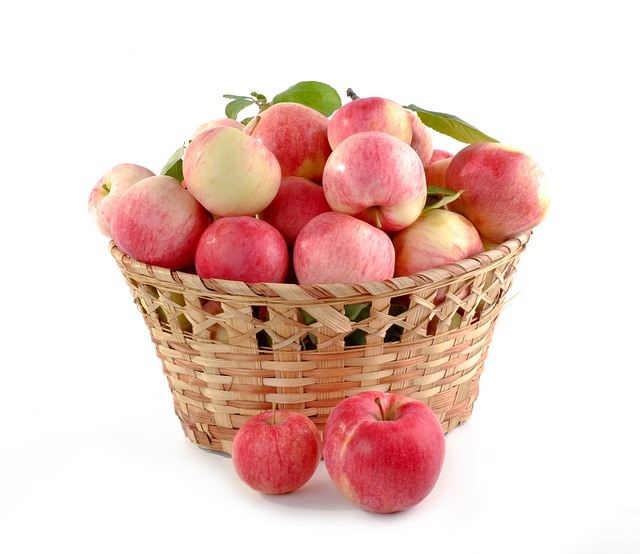Welcome to Probiotics 101: Your Ultimate Guide to Rebuilding Your Gut!
In recent years, there has been a growing interest in improving gut health and overall well-being. One popular approach to achieving this is through the use of probiotics. Probiotics are live bacteria and yeasts that are beneficial to our digestive system. In this comprehensive guide, we will delve into what probiotics are, their benefits, and how to incorporate them into your daily routine.
What Are Probiotics?
A person’s gut is home to trillions of bacteria, both good and bad. Probiotics are the “good” bacteria that help maintain a healthy balance in our gut flora. They can be found in various fermented foods and supplements. The most common types of probiotics include lactobacillus and bifidobacterium strains.
The Benefits of Probiotics
Consuming probiotics can have numerous benefits for our overall health. Here are some of the key advantages:
1. Improved Digestive Health
Probiotics play a crucial role in breaking down and absorbing nutrients, promoting a healthy digestive system. They are known to alleviate symptoms of digestive disorders such as irritable bowel syndrome (IBS), bloating, and diarrhea.
2. Enhanced Immune System
Did you know that about 70% of our immune system resides in our gut? Probiotics help stimulate the production of immune cells, strengthen our defenses, and ward off harmful pathogens.
3. Mental Well-being
Believe it or not, our gut health can influence our mental state. A healthy gut means a happy mind. Probiotics have been shown to reduce symptoms of anxiety, depression, and stress.
4. Weight Management
Studies suggest that having a healthy balance of gut bacteria may help with weight management. Probiotics can affect energy metabolism and reduce fat absorption, resulting in improved body weight control.
5. Stronger Heart Health
Probiotics have been found to lower bad cholesterol (LDL) levels, which are associated with heart disease. By promoting heart-healthy habits, probiotics contribute to a healthier cardiovascular system.
Incorporating Probiotics into Your Diet
Probiotics can be obtained from a variety of food sources or in supplement form. Here are some dietary options to consider:
1. Yogurt
Yogurt is one of the most popular probiotic-rich foods. Look for yogurt labeled with live and active cultures, which indicates the presence of probiotics.
2. Kefir
Kefir is a fermented milk drink that contains high amounts of probiotics. It has a tart and tangy taste and can be enjoyed on its own or added to smoothies.
3. Sauerkraut
Sauerkraut is made from fermented cabbage and is an excellent source of probiotics. Include it as a topping or side dish to reap its benefits.
4. Kimchi
Kimchi, a traditional Korean side dish, is made from fermented vegetables seasoned with various spices. It is not only flavorful but also packed with probiotics.
5. Tempeh
Tempeh is a popular plant-based protein source made from fermented soybeans. It contains probiotics along with essential nutrients, making it a great choice for vegans and vegetarians.
If you find it challenging to incorporate probiotic-rich foods into your diet, you can also opt for probiotic supplements. However, it’s always advisable to consult with a healthcare professional before starting any new supplements.
Summary
Probiotics offer a wide range of health benefits, from improving digestion to enhancing our immune system and mental well-being. By incorporating probiotic-rich foods or supplements into your daily routine, you can take a proactive step towards rebuilding your gut and achieving optimal overall health.
Remember, a healthy gut is the foundation for a healthy body!







